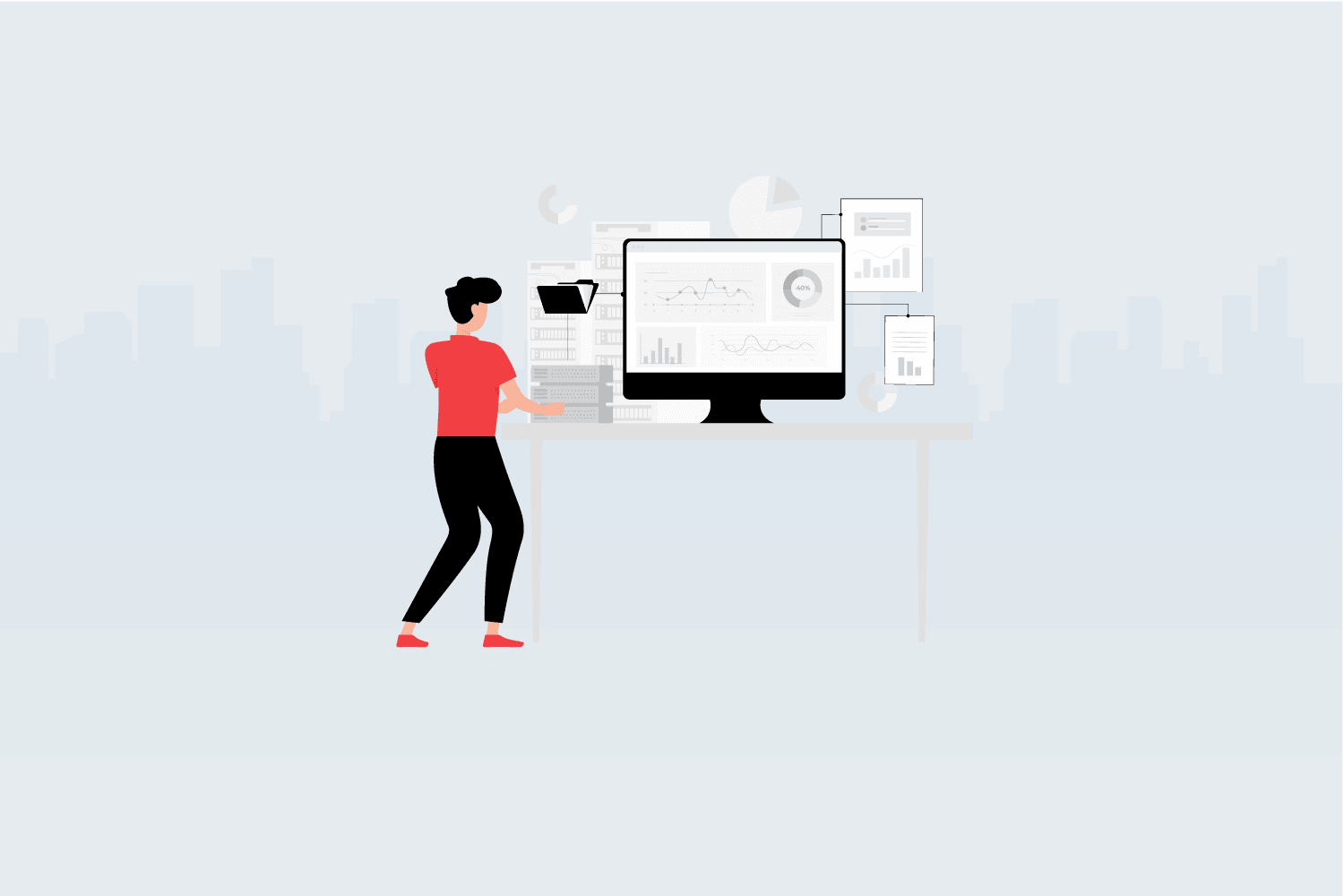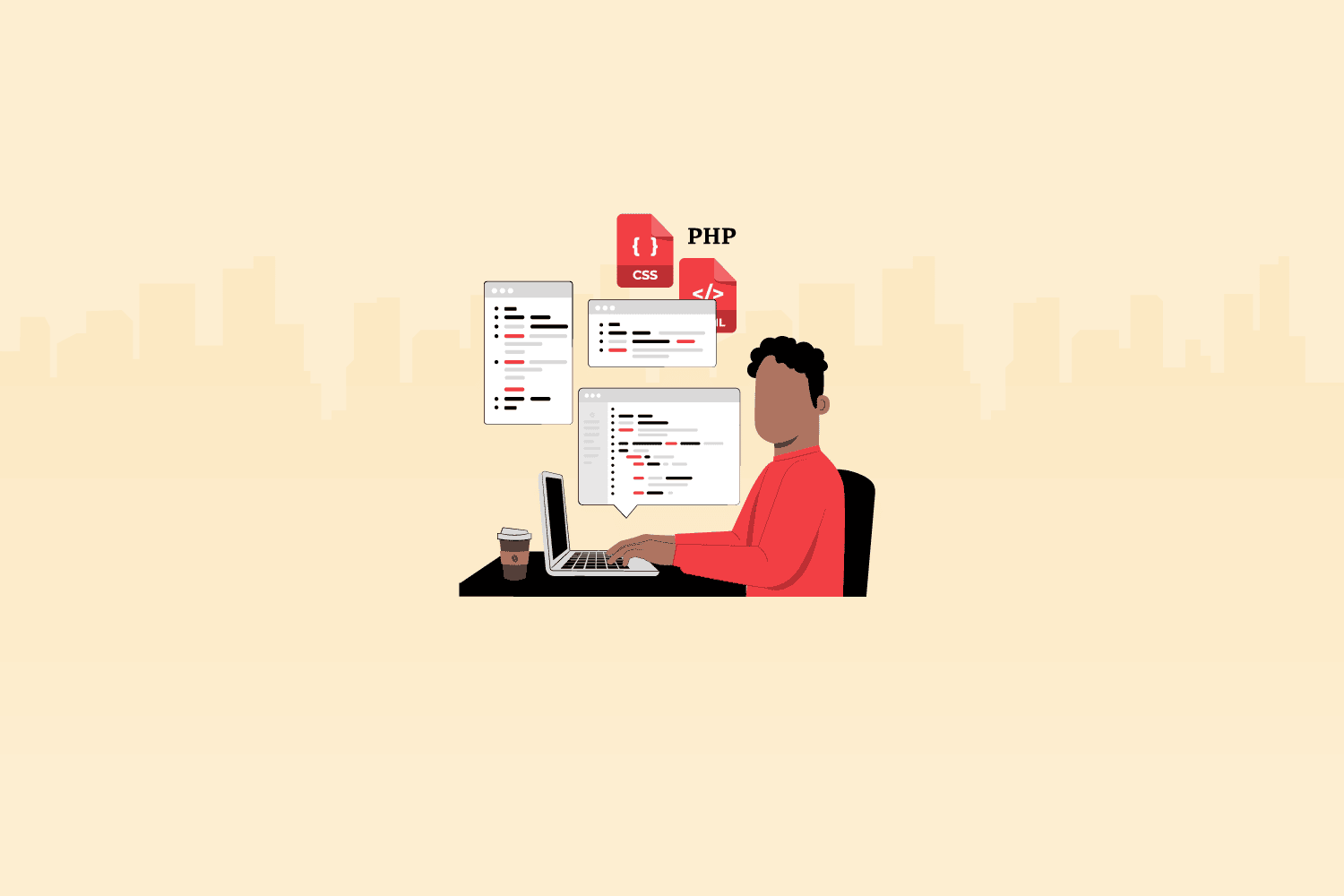Data roles are in high demand, which is nothing new. Multiple statistics demonstrate how the market is expanding and will continue in the future. As per industry research firm – Fortune Business Insights, the big data analytics market will reach $549.7 billion worldwide in 2028. A burgeoning data market means a growing demand for personnel and industry knowledge.
According to the US Bureau of Labor Statistics, the need for data analysts is expected to increase by 23% from 2022 – 2031 & employers are willing to hire data analysts with very competitive pay offers.
Finding a data analyst with the requisite skills and expertise is not always due to the rising demand for the position and the relative infancy of concepts like Big Data. However, you can more accurately assess a data analyst with a reliable hiring funnel & the appropriate skill sets.
But first, what is a data analyst?
For those who don’t know, a data analyst is a hybrid of an engineer and a researcher. Although the position will differ from organization to organization, data analysts will typically be:
- Mining the information a company has gathered
- Designing innovative methods for data collection
- Gaining vital insights from the data
All of this is done with the ultimate objective of assisting corporate executives in making intelligent decisions. Businesses become more efficient, produce better goods and services, and make better decisions with the help of this data when they hire data analysts.
In other words, the purpose of data analysts is to assist you in turning your data into a reliable investment. Data analytics and predictive analytics are the main components of operations for 52% of firms globally as of 2022.
But how are they any different from data scientists? Although there is some overlap between data analyst and data scientist expertise, there is also a big gap between the two. A data analyst is expected to employ analytical methods and submit results.
On the other hand, a data scientist works with data frameworks and seeks to automate processes to address challenging issues. While data scientists create questions that are highly beneficial to businesses, businesses hire data analysts to answer the questions they have provided.
Why hire a data analyst?
Data analysis is vital in business decisions since it facilitates appropriate choices. The principle is clear for the business to succeed, both the employer and the employees must identify misconduct and change it into correct behavior. Data analysis is essential for this. All that is required is an analysis of the current facts, adaptation, and formulation of the strategy.
Data analytics has seen a 10.6% growth in the global market from $206.95 billion in 2020 to $231.43 billion in 2021. By 2028, the market is anticipated to have grown at a compound annual growth rate (CAGR) of 13.2%, reaching $549.73 billion.
Businesses without a data analyst frequently face one or two of the following issues:
● More data than they know what to deal with is available. It is costly to gather and store all these data resources without offering a robust return on investment.
● They are unable to gather sufficient data to compete. Alternatively, your company may be gathering insufficient data. Although this is simpler to manage and put into practice, it probably isn’t sufficient to compete with other players in your sector.
Therefore, there is a need for businesses to hire a data analyst who can assist in succeeding in either circumstance.
What kind of data analysts do you need – full-time or freelance?
Before creating a job description for your analysts or conducting interviews with potential candidates, or deciding on the assessment of data analysts, it’s wise to choose if you require a full-time or freelance data analyst.
Both offer distinct advantages that will make them better suited to your company. Companies that require intermittent or freelance data analysis can consider using freelancers. You can still get the knowledge and abilities you need from this while saving time and money compared to hiring full-time employees.
When you require specialized analysis over an extended period, you can hire data analysts who wish to engage full-time. A full-time specialist will give you the most value if you would profit from having someone familiar with your company’s ins and outs available for in-person meetings and discussions.
However, you should explore the costs of data analysis as well. According to data analytics salaries from Glassdoor, an entry-level data analyst can make anywhere from $46,000 and $90,000 a year, with the majority making an average of $70,000.
The average annual income for a mid-level data analyst is $96,000, whereas senior data analysts with more than ten years of experience earn $105,000. On the other hand, the average hourly wage for data analysts, as reported by Indeed Salaries, is $37.28.
It means businesses hiring a freelance data analyst can save more than 30%, according to statistics from Kolabtree. Thus, it’s solely your decision to decide on full-time or freelance data analysts for your company based on your requirements and budget.
What skills should you check for in a Data Analyst?
Although every firm has different requirements, the following abilities and qualifications are sought after by many recruiters and hiring managers in the data analyst domain. Let’s look at what they are.
1. Data cleaning and preparation
According to research, most data professionals will spend roughly 80% of their time cleaning and preparing data. Thus, this skill is essential.
Retrieving data from one or more sources and preparing it for the category and numerical analysis are frequent tasks for a data analyst. Resolving missing and inconsistent data that might affect analysis is another aspect of data cleansing.
2. Data analysis and exploration
In its most basic form, data analysis entails taking a business query or a requirement and researching pertinent data to create an answer. Another sort of analysis is data exploration. Finding intriguing patterns or relationships in the data that could be valuable commercially is the process of data exploration.
3. Statistical knowledge
Statistics and probability are crucial data analyst abilities. This information will direct analysis and inquiry and aid in data interpretation. Analysts use econometrics to estimate future trends based on previous data by using mathematical and statistical data models in the study of economics.
4. Statistical programming
Analysts can run complex analyses in ways Excel is unable to, thanks to statistical programming languages like R or Python. They can more effectively clean, analyze, and visualize massive data sets if they can create programs in these languages.
5. Soft skills
The above technical skills are necessary for data analysts but cannot guarantee a job. Technical proficiency isn’t the end-all and be-all for aspiring data analysts. Data analysts need various soft skills that aren’t industry-specific to succeed, particularly critical thinking, problem-solving, attention to detail, and communication.
Getting started with hiring data analysts
What employers look for in a data analyst is thoroughly researched, just like all other corporate positions. To hire data analysts who fit, hiring managers must use a unique recruitment procedure. Here are the steps to hire a data analyst:
1. Posting a job role
All data entering and leaving the company must be “gatekeeper” by the data analyst. He is accountable for carrying out a set of duties as required. Although a data analyst’s role and duties may differ from firm to firm, the analyst is ultimately responsible for managing all of the data.
Hence, you should ensure you have specified the precise role and obligations that the employee must carry out when you hire a data analyst; otherwise, this may cause employee dissatisfaction, resulting in a turnover or resignation.
2. Assessing data analysts
It’s challenging to assess a data analyst. During a data analyst assessment, the employer should use a comprehensive and integrated strategy to evaluate all the necessary abilities. With its top-notch assessment platform, Testlify helps you stand out from the crowd and identify the desired talent.
By doing so, you can assess each applicant in light of the requirements with the relevant assessment of data analysts and finalize the top applicants into a talent pool for quicker processing.
3. Interviewing data analysts
The job of a data analyst is challenging. For the best results, recruiters require a structured, objective hiring procedure. The key to acquiring the best insight into a candidate’s skills and working style during an interview is to get them to share pertinent examples from their experience.
Additionally, it could be beneficial for your team to assign the prospective data analyst a few challenging test sets to resolve. These tests should address a real issue and can be conducted in person or at home. Once you have interviewed and shortlisted the candidates, it’s time to make an offer to them!
Hire a data analyst with Testlify!
Choosing to work with a data analyst is a commendable first step, but it’s not the only one! Most prospective data analysts are aware of the increasing demand for their expertise. Hence, instead of waiting for an offer and hoping they take it, your recruiting effort needs to take a far more strategic approach.
In 2022, 96% of businesses will either plan to hire new personnel with the necessary abilities in big data analytics or are very likely to do so. The job of a data analyst is challenging. For the best results, recruiters require a structured, objective hiring procedure.
A practical method that efficiently and quickly assesses the necessary talents is to produce the intended outcomes. That’s where Testlify comes in! A reliable skills-testing platform like Testlify can take your hiring funnel to the next level.
It offers simulations of real-world situations that assess a data analyst’s abilities in various job areas. The software streamlines huge data management issues into quicker, more intuitive solutions. It enables recruiters to evaluate a massive number of individuals.
Want to hire data analysts who complement your business? Sign up with Testlify!







